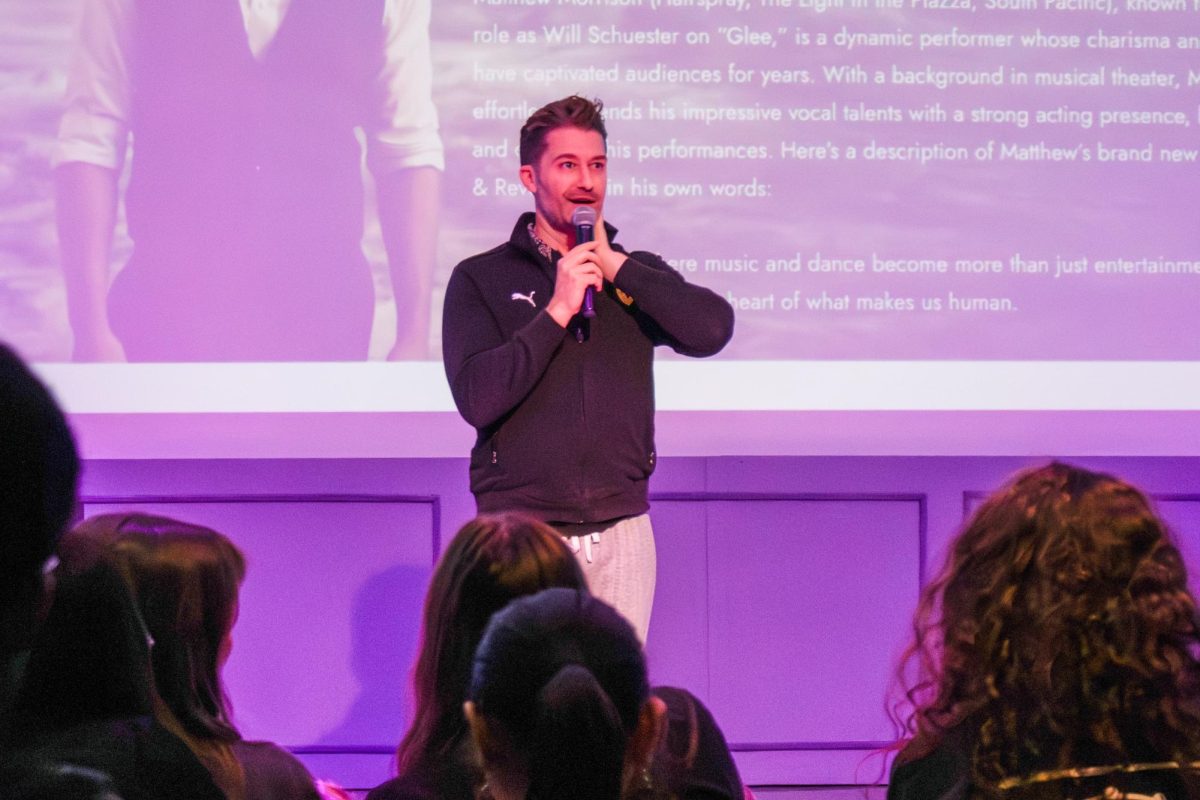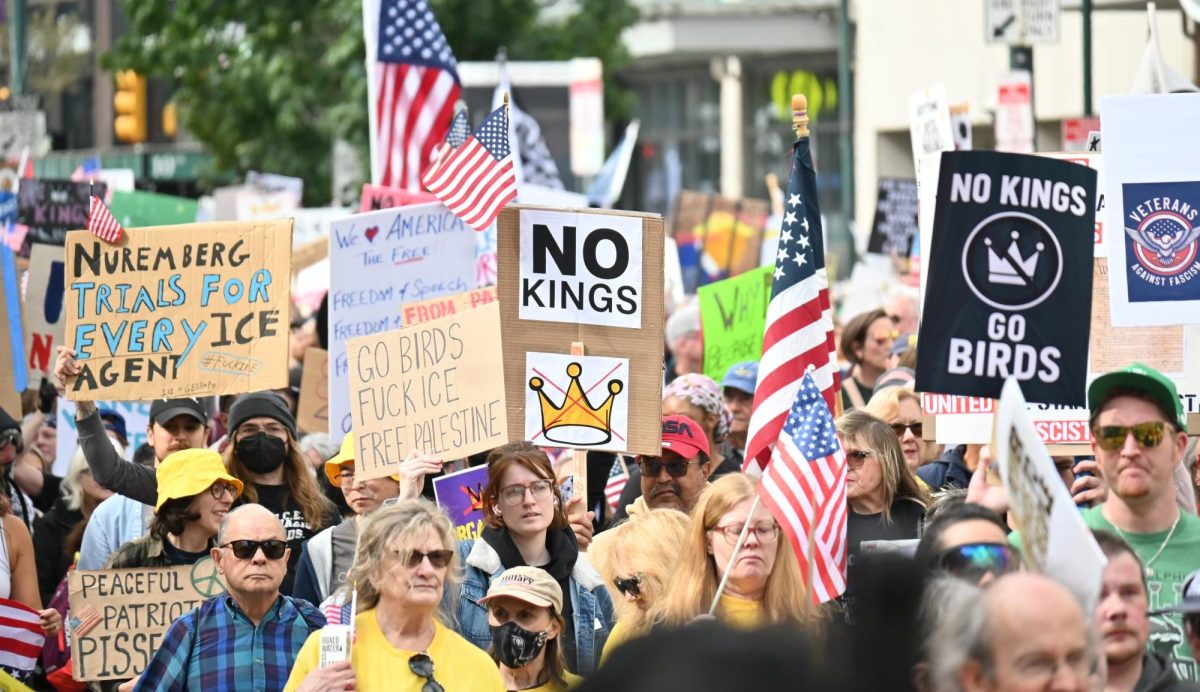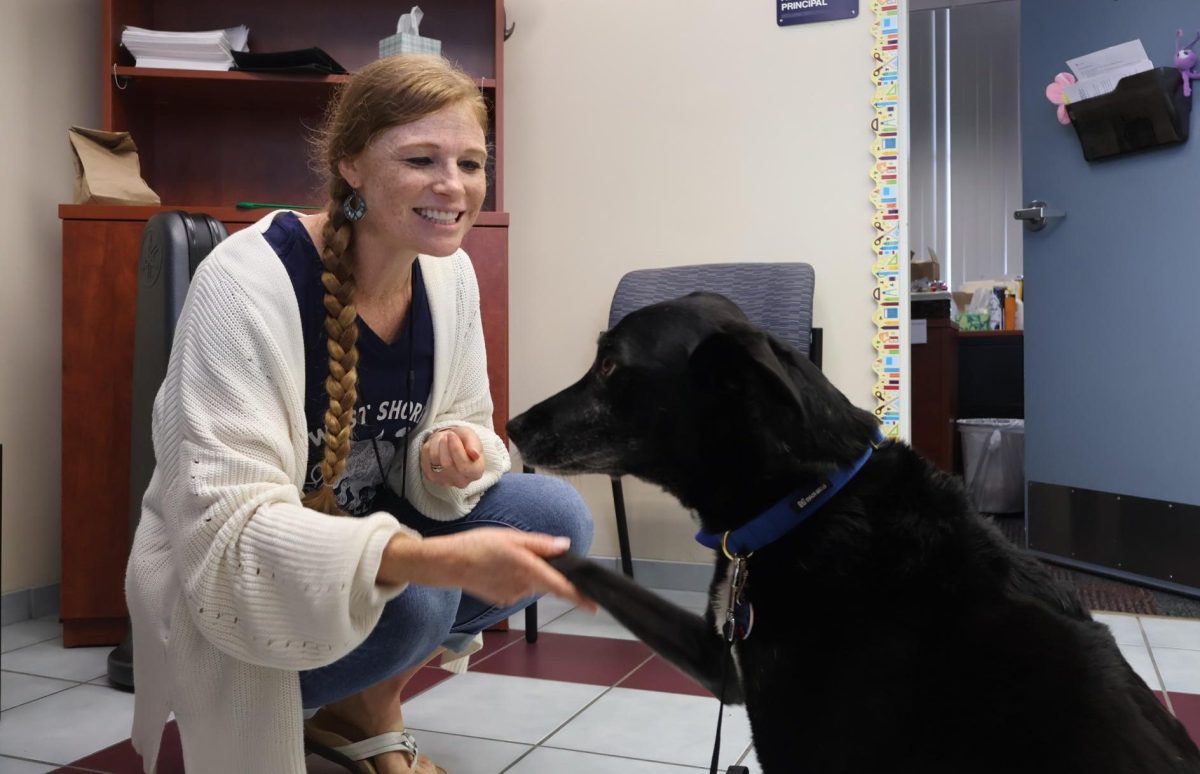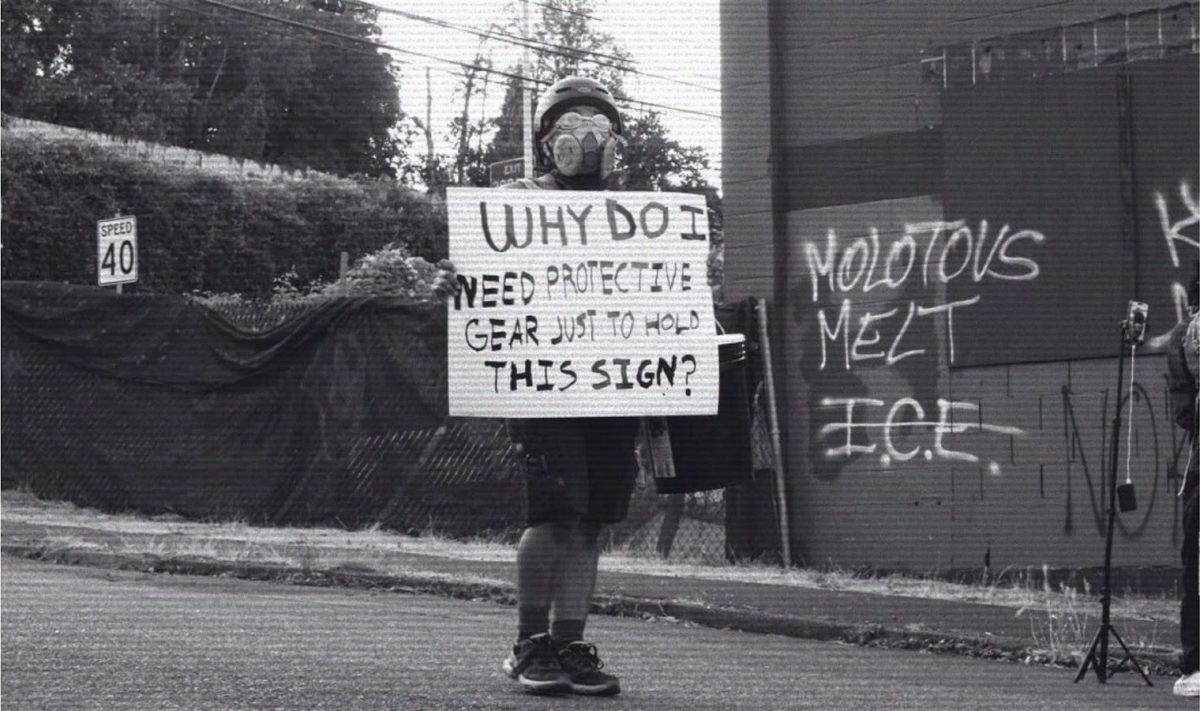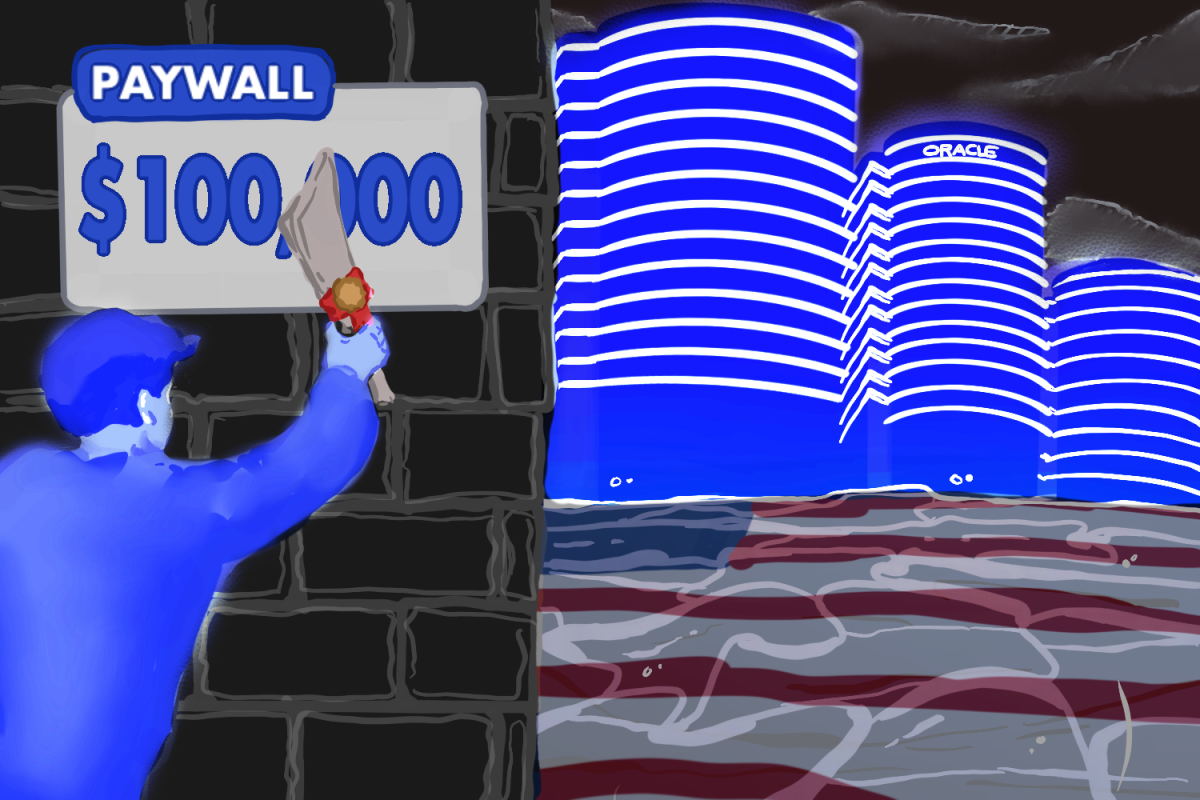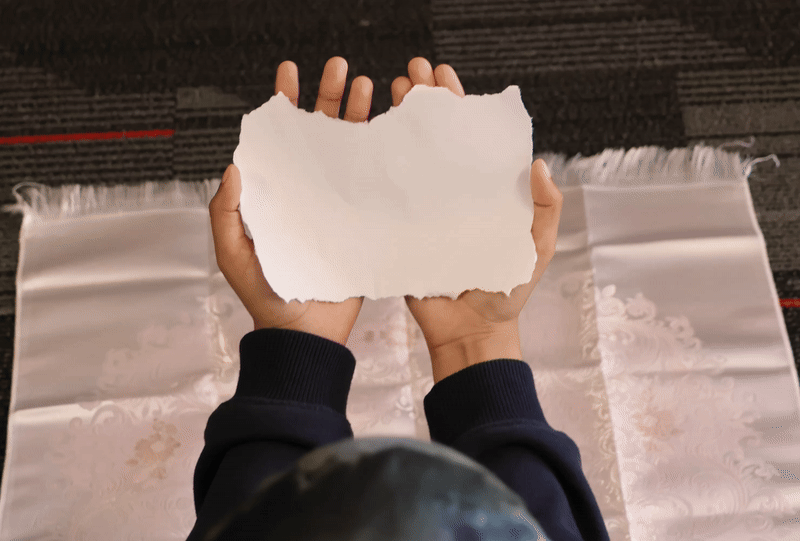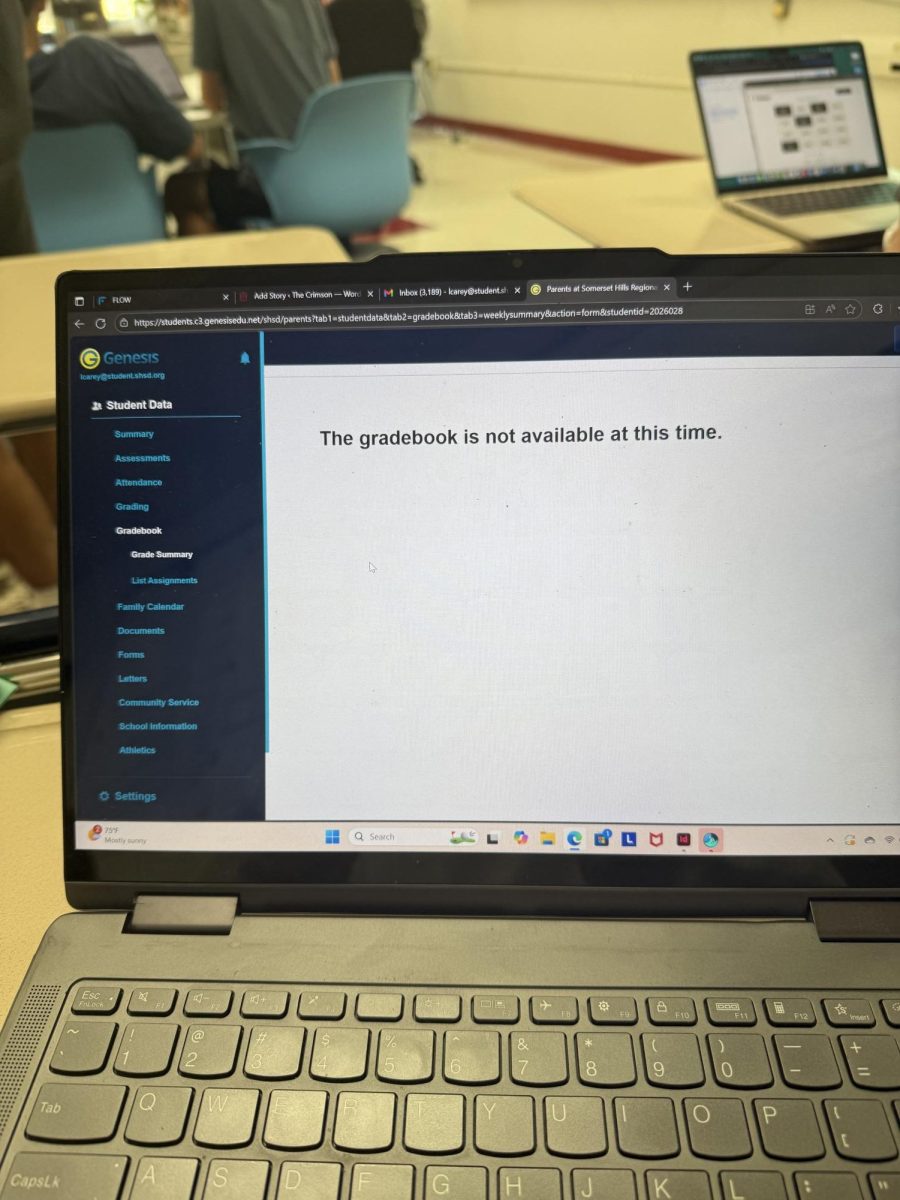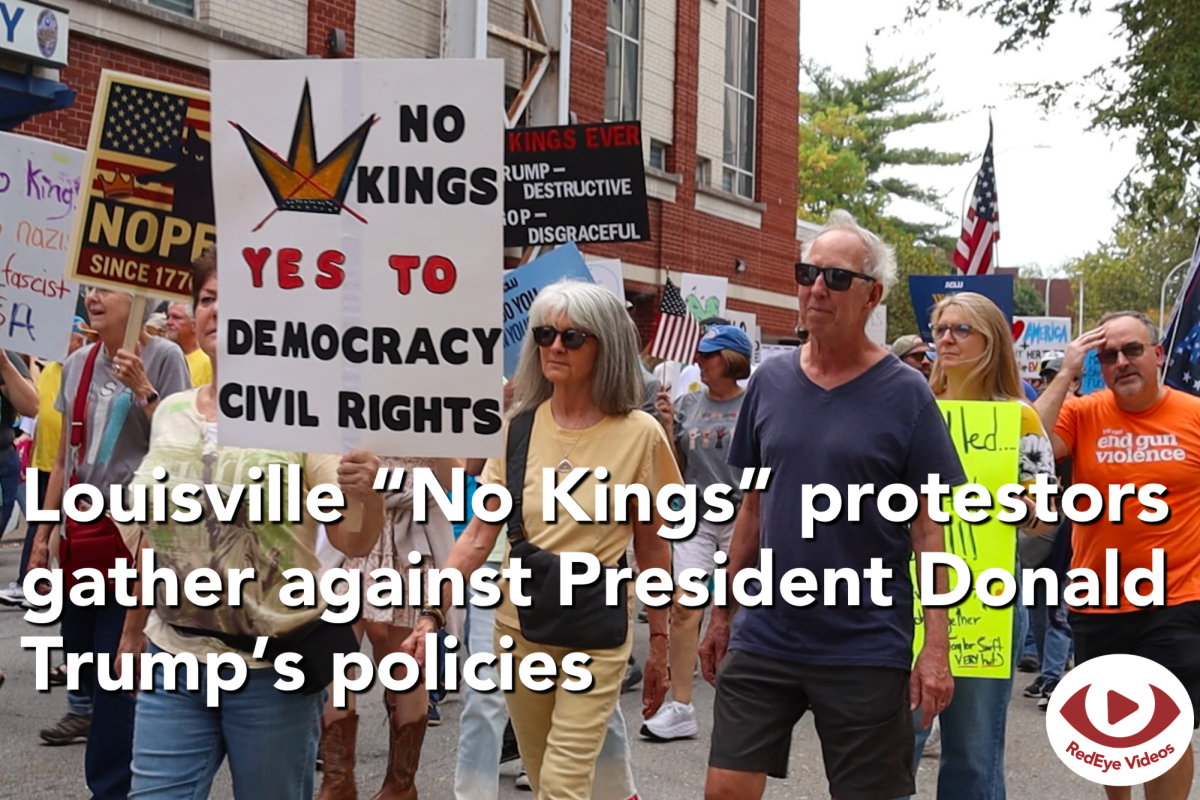President Donald Trump announced a $100,000 fee on all new petitions for H-1B worker visas, which many companies depend on to build a skilled workforce.
The H-1B visa is a permit for foreigners with a bachelor’s degree, its equivalent, or higher to enter the United States. According to the United States Citizenship and Immigration Services, companies can petition for qualified foreign workers to be entered into a lottery to come to the United States and work for a three-year term. Historically, these workers have progressed the science, technology, engineering, and math industries and have contributed to the innovations, productivity, and economic prosperity unique to the United States.
“We have a long history of bringing people who flourish and advance U.S. technology, education, and any significant endeavor we have in this country,” said Mintu Bachann, CEO of C3S.ai.
The Trump Administration released a fact sheet explaining the reasoning for imposing the fee on the program. The sheet argues that H-1Bs are dominating American technology jobs, and the policy is necessary to ensure that American companies prioritize American workers.
However, the U.S. citizens who qualify for the needed jobs are not enough for technology companies.
“Here’s the problem: we don’t have the right skill sets here,” said Stephen Bulfer, an experienced entrepreneur in Silicon Valley. “The argument around protecting our jobs is flawed, because I can’t find talent as the CEO or founder of a company. Or if I do, it’s too expensive.”
Technology is not the only industry reliant on H-1B visas.
“The shortages in every industry are the biggest problem. There’s a huge deficit in many of these fields, especially in healthcare,” said Nayan Agarwal, a doctor on an H-1B visa. “We have such a huge primary care physician deficit; any city you pick, there are thousands of patients who don’t have primary care physicians.”
Bulfer argues that this policy opposes the very essence of the United States.
“Silicon Valley, and America as a country, is the foundation of innovation. It has a greater ecosystem of innovation than any other country in the world. We have more startups in this country than in any other country in the world. That’s why people come here, because they want to create things,” Bulfer said.
Silicon Valley specifically is a major user of these H-1B visas, utilizing these workers to sustain its technological innovation. Out of 386,318 H-1B petitions approved in 2023, 56,711 of them were from Silicon Valley’s two major metropolitan areas.
Concerns have been raised about whether, due to the dependence of technology companies on foreign workers, companies will go to other countries and hire workers there. If this occurred, the U.S. would lose out on the $85 billion in taxes that H-1Bs pay annually, or the $76.7 billion they contribute to the economy by spending on American businesses.
“If I am hiring any ten people, and I have to pay $1 million to hire ten people from out of the country, I’m not going to hire ten people over here. I’m going to hire ten people over there so I save a million dollars,” Bachann said.
Competing countries have also taken initiatives to take advantage of the H-1B fee by bolstering their recruitment of foreign talent. The most notable example is China, which announced its “K visa” to recruit top technology and science talent days after Trump proclaimed his fee.
However, some argue that there is still some merit to the White House’s policy and that it might inspire some people to switch pathways to hard sciences.
“This is an opportunity for many Americans to move in a different direction than they have been for the last three decades,” Bachann said. “This is going to significantly help American businesses, and, most importantly, American students majoring in hard science and creating new innovations to sustain this country.”
Although the policy isn’t certain to remain after an administration switch, the change in thinking toward the hard science sector will likely continue.
“Politics is like waves; it comes and goes like the ocean. These policies will not last forever. But reframing our thinking will,” Bachann said.
It also comes into question whether, in time, America will truly need the masses of foreign workers, or human workers at all.
“We used to go hire humans, but with AI, I can build digital agents. So I might be the CEO, and I might only have three human beings working with me. But each of those human beings has around a hundred digital workers,” Bulfer said.
This story was originally published on Scot Scoop News on October 15, 2025.


